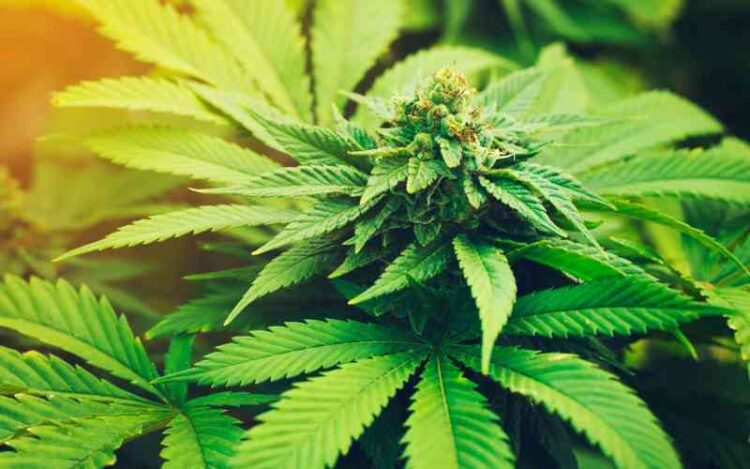The Justice Department Bureau of Justice Statistics (BJS) recently unveiled a 61% decrease in federal prison incarcerations due to cannabis convictions from 2013 to 2018. This development was shared in a July 13 article titled “Sentencing Decisions for Persons in Federal Prison for Drug Offenses, 2013-2018.”
The drop in cannabis-related sentences was the most substantial, according to BJS Director Dr. Alexis Piquero. Despite an overall reduction in drug-related incarcerations during this five-year span, these offenses remained a significant component of Federal Bureau of Prisons’ custodial population. The composition of drug offenses shifted, with fewer for marijuana and cocaine and more for heroin and methamphetamines, Piquero noted.
Moreover, crack cocaine, powder cocaine, and opioid imprisonments dropped by 45%, 35%, and 4%, respectively. In contrast, incarcerations for heroin and methamphetamine rose by 13% and 12%, respectively.
Most prisoners were charged with trafficking, not possession. Trafficking incarcerations gradually declined from 94,065 in 2013 to 88,386 in 2015, while those for possession remained under 600.
A remarkable shift happened in 2016 as the number of possession-based incarcerations dramatically dropped to 150. By 2018, merely 54 people were serving sentences for possession, less than 0.1% of all prisoners.
By the end of 2018, racial and gender disparities were apparent among drug offenders. For cannabis offenses, white prisoners comprised 19.3%, Black 18.4%, and Hispanic 59.3%. Males made up 95.1% of these offenders, and females 4.9%.
The plunge in cannabis imprisonments aligns with the surge in legalization across the U.S. between 2013-2018. However, comprehensive data post-2018 remains awaited.
On a related note, the U.S. Sentencing Commission’s 2022 report confirms the declining trend in cannabis cases, from 5,000 in 2013 to 806 in 2022. However, cases involving substances like cocaine, fentanyl, and methamphetamine are on the rise.
In October, President Joe Biden declared his intentions to pardon individuals with federal cannabis convictions. The U.S. Justice Department subsequently launched a pardon application process for low-level federal cannabis convictions in March.
State-level efforts to pardon cannabis convictions are also underway. Oregon Gov. Kathy Brown issued close to 5,000 pardons for minor cannabis offenses in November 2022. Similarly, California Gov. Gavin Newsom and Pennsylvania Gov. Tom Wolf pardoned 10 and 2,500 people, respectively.
Colorado Gov. Jared Polis is also pushing for pardons for psychedelic convictions, emphasizing the need for expunging criminal records for actions that are now legal.
IN OTHER NEWS: Coast Guard Intercepts 223 Pounds of Cocaine on Boat Headed to Long Beach









